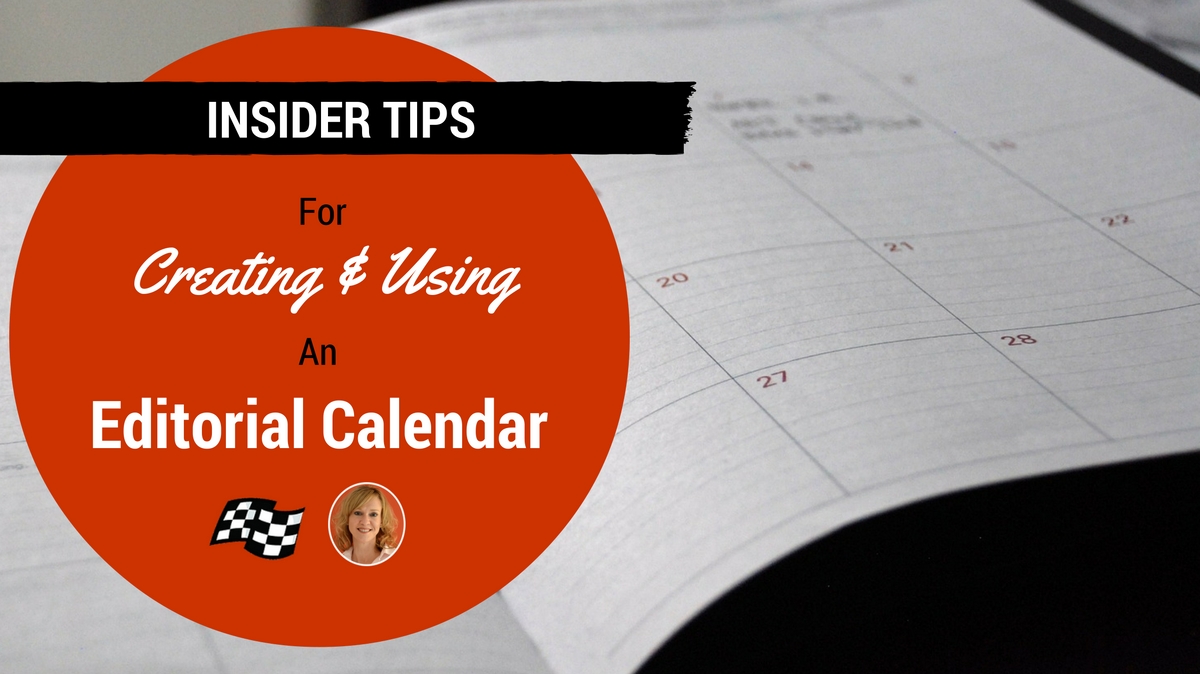
I was recently quoted by Freelance Writing in an article they wrote on editorial calendars. Below is my full response to their questions for the article.
Read Freelance Writing’s full post: Editorial Calendars: Perspectives from Industry Experts
1. Describe your marketing / editorial strategy briefly (e.g. link building, increase rankings).
As a digital marketing agency, we often oversee a client’s blog to help provide not only consistent posting, but posts that will resonate with their target audiences. We research buyer personas, as well as topics that people are looking for in search. That information, along with defining calls to action that target specific phases in the buying cycle, help outline each post in detail. So whether we ghostwrite the post for the client, or the client writes them in-house, there’s a plan to follow.
2. How many people in your team use an Editorial Calendar?
One-to-two people on our team uses any given client’s editorial calendar. We also maintain an in-house editorial calendar that allows for consistent posting.
3. What editorial calendar do you use? (e.g. coSchedule, google docs etc., self-created)
I use a third-party Google Sheets template customized to each client’s needs.
4. Why did you decide to use this calendar?
It allows for easy sharing and collaboration with the client. Otherwise, we have to communicate back and forth via email on topics and approvals. A calendar makes the blog post creation process more efficient.
5. What kind of details are included in your calendar?
I include columns for status, topic/post title, author, content/details, keywords, internal/external link opportunities, target persona, and call to action.
6. Do you find it useful? Why/ why not?
A blog editorial calendar is extremely useful, not only for staying on track weekly or monthly with posting, but also as a way to keep track of future posts. Not only can we add posts as we work on the client’s account, but it also allows the client to add their own ideas.
7. How do you use your editorial calendar?
I update it when a post is published for a client. I consult it when it’s time to write another post, referencing the post topic, content, keywords, links, target persona and call to action. With an editorial calendar, the blog post practically writes itself! A calendar really does take the stress out of consistent blogging.
![]() “With an editorial calendar, the blog post practically writes itself!” – Deb Briggs
“With an editorial calendar, the blog post practically writes itself!” – Deb Briggs
8. How often do you consult it?
Weekly (See number 7 above.)
9. Is there anything that annoys you about it?
Some details about a proposed post can change, but that’s not necessarily a bad thing. While writing a post, you may come up with a better title or realize that you can use a more effective call to action. In the end, a calendar is a guide—you need to have the flexibility to improve upon an idea.
10. Are there any other comments you would like to include about your editorial calendar?
Taking the time to develop an editorial calendar with relevant topics now means saving time—and stress—later when you go to write your next post.

2 Responses to Insider Tips for Creating and Using An Editorial Calendar